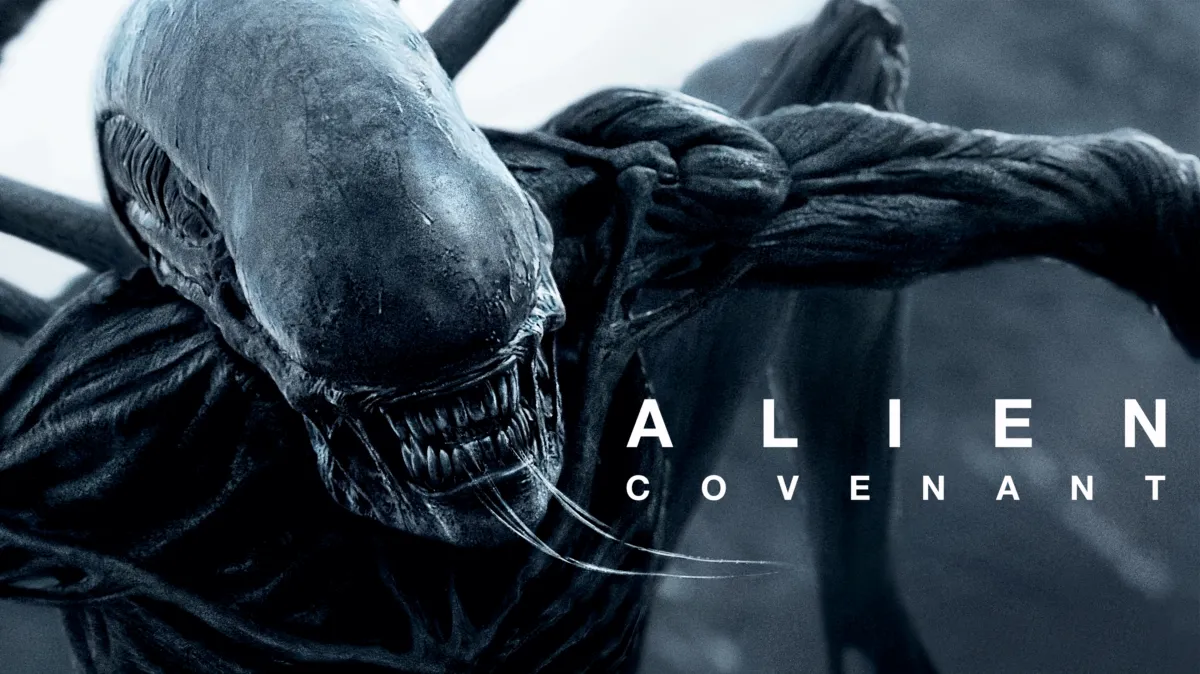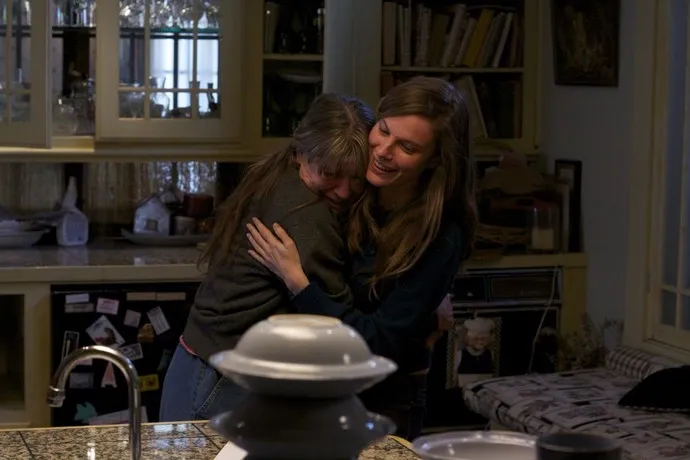"Grace of Monaco" (2014): A Glamorous Portrait Marred by Melodrama
Grace of Monaco (2014), directed by Olivier Dahan and starring Nicole Kidman in the titular role, is a biographical drama that attempts to capture a pivotal chapter in the life of Grace Kelly, the American actress-turned-Princess of Monaco. Set against the glamorous backdrop of 1960s Europe, the film focuses on the internal and external conflicts Grace faced as she transitioned from Hollywood royalty to actual royalty — not merely as a symbolic figurehead but as a political and cultural influence in a time of crisis for the tiny principality of Monaco.
The narrative unfolds during a particularly tense period in Monaco’s history, when France, under President Charles de Gaulle, was threatening to annex the tax haven due to disputes over financial and political sovereignty. At the same time, Princess Grace is depicted as feeling trapped in her royal role, longing for the artistic freedom she once had. She is courted by Alfred Hitchcock, who offers her the lead role in Marnie, prompting her to consider a return to acting. However, this decision puts her at odds with her husband, Prince Rainier III, played by Tim Roth, and raises questions about duty, identity, and loyalty.

Nicole Kidman delivers a poised and elegant performance, capturing the poise, voice, and visual grace of Grace Kelly, but she is arguably constrained by a script that leans heavily into melodrama. The film portrays Grace as a woman caught between two worlds — that of a glamorous movie star and that of a political figure thrust into the complexities of European diplomacy. While this conflict is rich with dramatic potential, the execution often feels overwrought and superficial. The dialogue sometimes lacks subtlety, and character development takes a backseat to style and spectacle.
Visually, the film is sumptuous. The costumes, sets, and cinematography exude luxury, and every frame appears carefully curated to reflect the opulence of Monaco and the refined beauty associated with Grace Kelly. The film’s production design is undoubtedly one of its strengths, offering a visually captivating look into royal life. However, this aesthetic polish cannot fully compensate for the film’s lack of emotional depth and historical authenticity.
:max_bytes(150000):strip_icc():focal(749x184:751x186)/Monaco-Secret-Ball-102123-4-fc0913d5291f4ae5af819675e0e4e698.jpg)
One of the major criticisms surrounding Grace of Monaco is its loose relationship with the truth. The film has been widely criticized by the Monaco royal family, who dismissed it as “a work of fiction” with little regard for the actual events or personalities involved. Historians and royal watchers have similarly taken issue with the dramatization of events and the romanticized portrayal of Grace’s role in Monaco’s political standoff with France. As a result, while Grace of Monaco aspires to be a moving biopic, it often feels more like a fairy tale, sacrificing nuance for glamorized storytelling.
In conclusion, Grace of Monaco is a visually arresting film that falls short of its ambitions. Despite Nicole Kidman's refined performance and the film’s lavish production, it lacks the emotional and historical authenticity needed to truly resonate as a serious biographical drama. For viewers seeking a glamorous reimagining of royal life, it may be satisfying; for those seeking insight into Grace Kelly as a historical figure, it ultimately disappoints.


